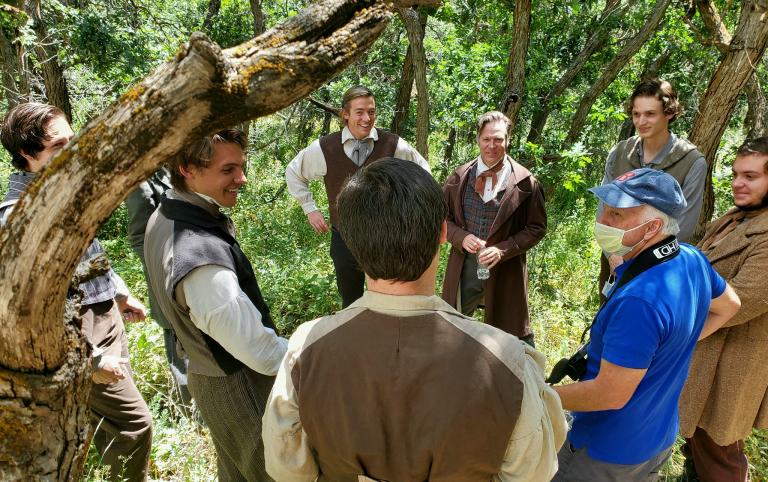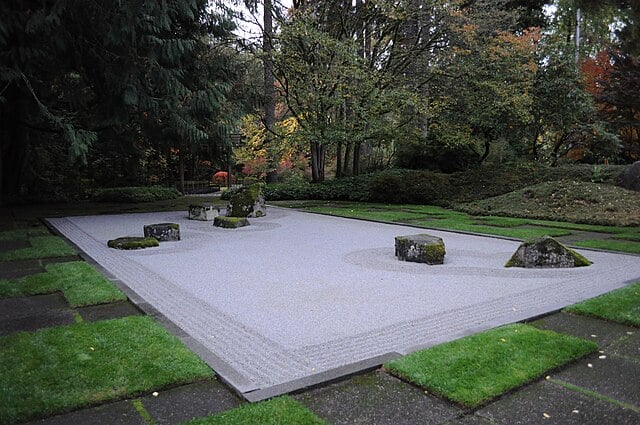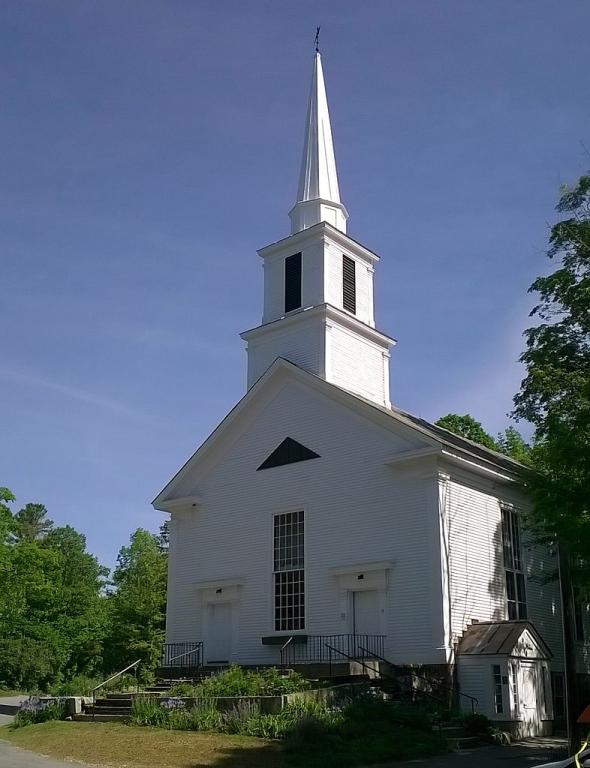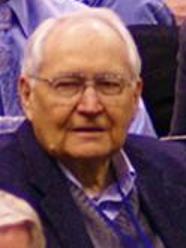
This little article of mine has just gone up in Meridian Magazine: “Can You Trust the Reliability of Eyewitnesses?” It was inspired by one of my critics, whom I wish to thank for the impetus that he provided.
I also wish to remind you of the resources that are available at The Witnesses Initiative. (There is much more there than just the three major films.) Please call those resources to the notice of others who might be interested or who might benefit from them. And don’t forget that Undaunted can be streamed at absolutely no charge. There’s no reason at all not to take advantage of such opportunities.
By the way, too, I found this new entry from Robert F. Smith on the blog of the Interpreter Foundation quite interesting: “Comparison of Book of Mormon and Mesoamerican Dates”

For whatever reason, ever since I was old enough to think about the subject at all, I’ve been impressed by the ephemeral nature of things in this world and by the inescapable fact of death. When I see beautiful flowers, I immediately think of the transience of their beauty, how soon they will fade. When I tour beautiful palaces or mansions or archaeological sites, I instantly think of how briefly their builders enjoyed them and of how long those builders have been gone. That is one of the reasons why the message of Easter is so deeply important to me. In anticipation of Easter (and provided that I don’t forget to do so!), I will share with you here four poems that that, in my mind, directly or indirectly relate to the problem of mortality and to the hope of Easter. The first comes from the American poet Theodore Roethke (1908-1963). Oddly, I first encountered it as a reading passage in some sort of SAT or ACT or Advanced Placement test when I was in high school. It powerfully affected me and, as soon as I could thereafter, I found it in an anthology of Roethke’s poetry. I’ve never forgotten its melancholy beauty. And, a few years ago, I stood by the Zen rock garden at the Bloedel Reserve on Bainbridge Island, Washington, that replaced the swimming pool of a friend in which Theodore Roethke drowned at the age of only fifty-five. Doing so didn’t exactly weaken my strong sense of the brevity and fragility of human life. Anyway, here’s the poem:
“Elegy For Jane”
(My student, thrown by a horse)
I remember the neckcurls, limp and damp as tendrils;
And her quick look, a sidelong pickerel smile;
And how, once started into talk, the light syllables leaped for her.
And she balanced in the delight of her thought,
A wren, happy, tail into the wind,
Her song trembling the twigs and small branches.
The shade sang with her;
The leaves, their whispers turned to kissing,
And the mould sang in the bleached valleys under the rose.Oh, when she was sad, she cast herself down into such a pure depth,
Even a father could not find her:
Scraping her cheek against straw,
Stirring the clearest water.
My sparrow, you are not here,
Waiting like a fern, making a spiney shadow.
The sides of wet stones cannot console me,
Nor the moss, wound with the last light.If only I could nudge you from this sleep,
My maimed darling, my skittery pigeon.
Over this damp grave I speak the words of my love:
I, with no rights in this matter,
Neither father nor lover.

Much has been written, discussed, lamented, and celebrated in recent years with regard to declining attendance at American religious services and plunging numbers for religious involvement. Here are a couple of interesting articles that are relevant to the conversation:
- “Gender Flip: Men Surpass Women In US Church Attendance”
- “They stopped going to church as adults. A need for community is bringing them back. ‘Religious services are some of the last places for people to gather.'”

Some of you have been following the controversy about the proposed McKinney Texas Temple. The Church of Jesus Christ of Latter-day Saints has once again submitted a more modest proposal in hopes of overcoming local opposition there: “Church submits application for a smaller temple in Fairview, Texas: The Church of Jesus Christ of Latter-day Saints filed a new application for a conditional use permit to build a smaller temple.” If this third plan still meets resistance, it will tend to fortify my suspicion that objections in Fairview really haven’t only been about the building’s size. (Construction of a mosque in the area has also drawn considerable opposition. See “Dozens of McKinney Residents Speak Against ‘Eyesore’ Mosque Moving in Next Door: A plan for a 37,000-square-foot mosque was denied unanimously by the Planning and Zoning Commission due to size concerns, commission members said.”)

To put it mildly, I’m nothing remotely like a BYU athletics superfan; I don’t care that much about collegiate or professional sports generally. If a baseball game or a football game is on, I’ll watch it for a while, but I don’t read the sports pages or follow the results on broadcast news. I used to be a big Dodgers fan when I was a kid — I was sitting in the seats along the first-base line when Sandy Koufax pitched his first no-hitter — but I pay little attention nowadays. Still, I like it when BYU wins. And I’m even happy, or at least serenely content, when Utah wins (unless, of course, its win comes against BYU). For one thing, I think that the athletic success of our teams does good for my adopted home state and even, in a very indirect way, for the Church of Jesus Christ of Latter-day Saints. To that extent, at least, I’m a Jazz fan and a fan of the Utah Hockey Club. And this has been a very, very good year for BYU athletics: “From the gridiron to the hardwood (and points in between), these are heady times for BYU sports: When 2024-25 is all said and done, the year will be remembered as one where so much went so right” I tend, when BYU sports competitions loom, to be something of a pessimist. Whatever happens in Newark on Thursday night, though, it has been a surprisingly good run and a very gratifying one. And its good effects will linger.

But I close, as I sometimes do, with something for my militantly anti-religious readers from the apparently limitless Christopher Hitchens Memorial “How Religion Poisons Everything” File™. Yesterday, Tuesday, Professor Ilana M. Horwitz delivered a very interesting address to a forum assembly on the campus of Brigham Young University. I recommend it to anybody who is interested in the woeful impact of theism and theists on humanity and who can muster 36 minutes to listen: “Religion’s Surprising Impact on Academic Success”
Posted from the Kohala Coast, the Island of Hawaiʻi, Hawaiʻi













